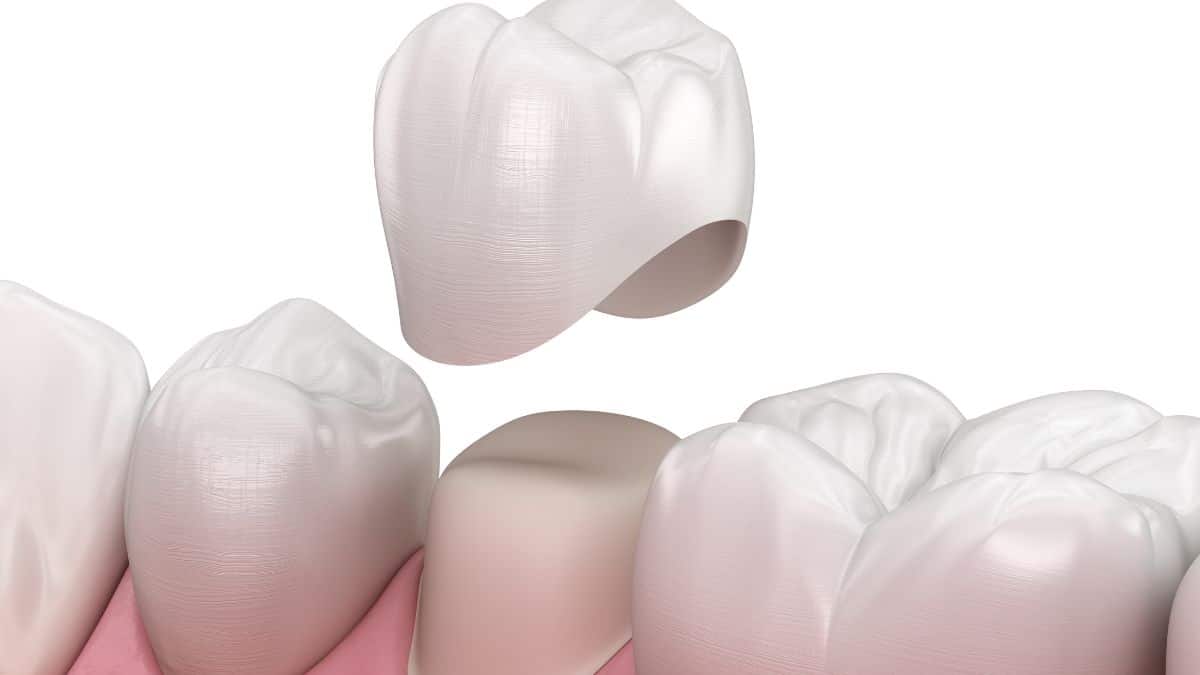Let’s face it, nobody looks forward to getting dental work done. It’s often uncomfortable and sometimes even a bit scary. But when your dentist recommends a crown, you might find yourself wondering if it’s really necessary. After all, crowns can be costly and the procedure is more involved than say, getting a filling.
The truth of the matter is that crowns are not always necessary, but they do serve an important purpose in many cases. If you’ve got severe tooth decay or damage that can’t be repaired with just a filling, then yes – you probably need one.
I’ll give it to you straight: deciding whether or not to get a crown should never solely come down to cost considerations. The health of your mouth plays such an essential role in your overall wellbeing that skimping on needed treatments could lead to bigger problems down the line.
Understanding Dental Crowns: What Are They?
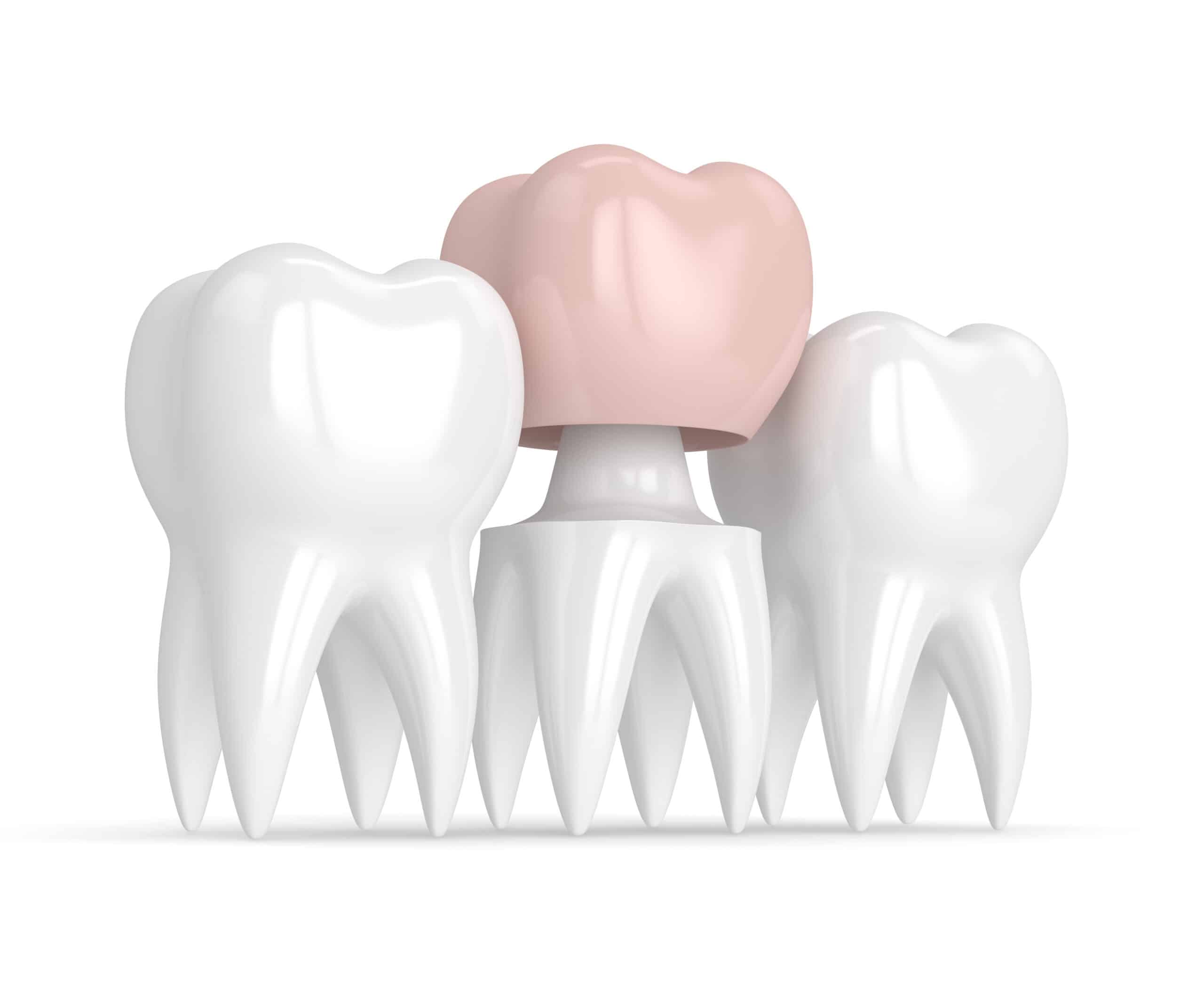
Let’s take a minute to delve into the world of dental crowns. You’ve probably heard the term thrown around in your dentist’s office or stumbled upon it while doing some late-night internet surfing. But what exactly is a dental crown? And why would someone need one?
Dental crowns are essentially caps that fit over your natural teeth, right down to the gum line. Think of them as little porcelain hats for your pearly whites! They’re custom-made to match the color and shape of your existing teeth, giving you a seamless smile even if you’ve had extensive dental work.
But they’re not just about aesthetics – although that’s certainly an important factor for many folks who get them. Dental crowns serve a practical purpose too; they protect damaged or weakened teeth from further harm and can restore function so you can chew and speak properly again.
Crowns are typically made from several different materials such as porcelain, ceramic, metal alloys or even gold! The material chosen often depends on where in the mouth it will be placed (you wouldn’t want shiny gold front tooth now would ya?), personal preference and budget considerations.
Here are few key reasons why people opt for dental crowns:
- To protect weak teeth
- Restore broken or worn down tooth
- Cover misshaped/discolored tooth
- Hold bridges in place
- Cover implants
Remember though, getting a crown isn’t something that happens overnight – it usually requires at least two visits to complete. So before making any decisions about whether this procedure is right for you, I’d advise talking with your dentist first about all potential options.
Why Dentists Recommend Getting a Crown
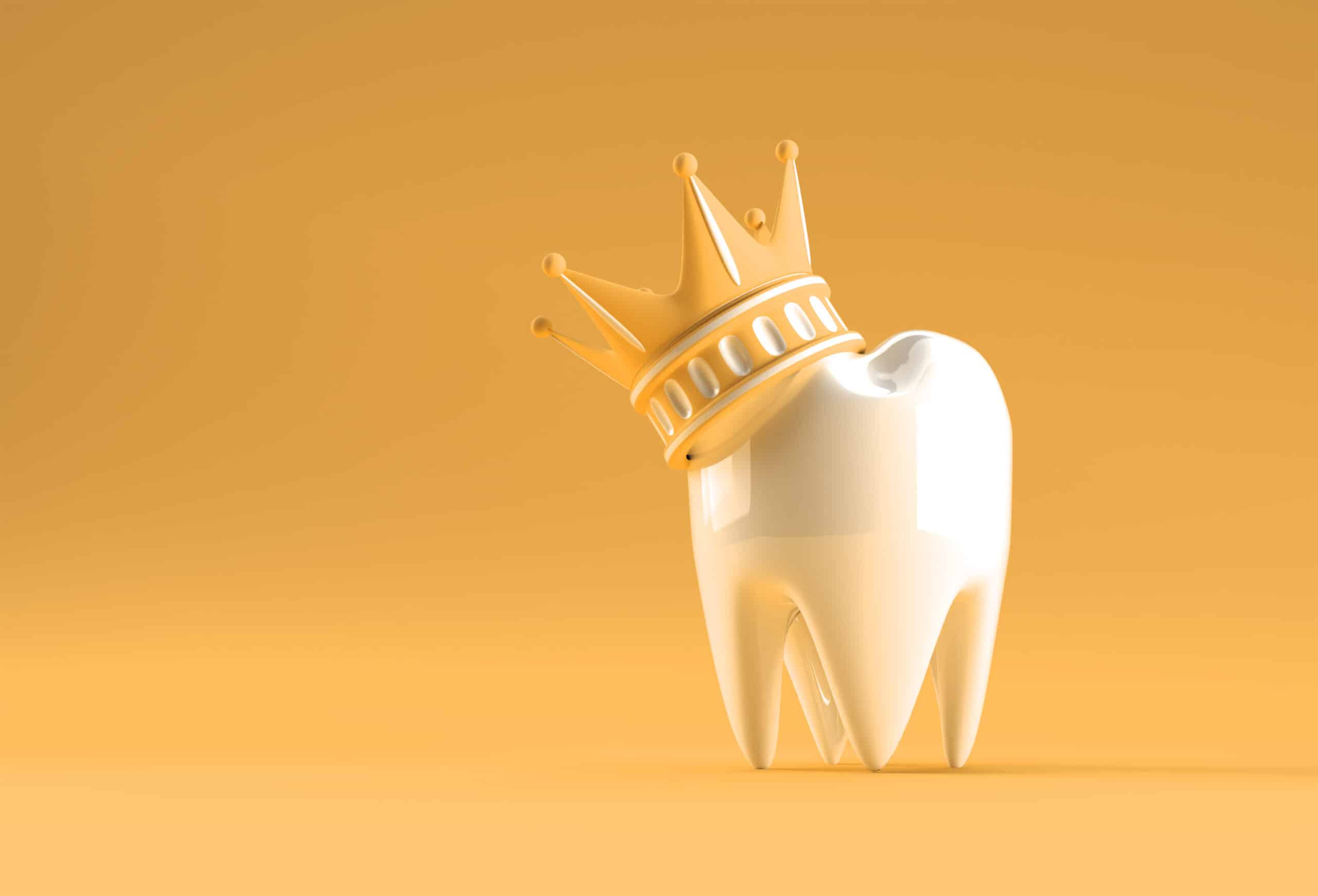
Let’s dive right into why dentists often recommend getting a crown. First and foremost, they’re champions at restoring damaged teeth. If you’ve got a tooth that’s been ravaged by decay or trauma, a dental crown can bring it back to life in both functionality and aesthetics.
Another critical point is the role of crowns in protecting vulnerable teeth. They act like mini helmets for your pearly whites! So if you’ve had an extensive filling or root canal treatment, your dentist might suggest capping the treated tooth with a crown. The goal here is simple – to safeguard against potential damage down the line.
A third reason that shouldn’t be overlooked? Crowns are fantastic when it comes to cosmetic enhancements! Yes indeed, they’re not just about fixing problems but also improving appearances. A misshapen or discolored tooth can significantly benefit from being crowned – talk about an instant makeover!
Additionally, crowns come into play during dental implant procedures as well as bridging gaps left by missing teeth. Think of them as key players in these restorative processes:
- Dental implants: Once an implant has been placed successfully into your jawbone, it needs something on top that looks like a real tooth – enter the mighty dental crown!
- Bridging gaps: When creating bridges (a series of linked crowns), individual crowns on either side serve as anchors while one or more false teeth fill up space between.
Finally yet importantly is their lifespan; durability definitely earns them brownie points in dentistry circles! With proper care and maintenance, many types of dental crowns could last for ten years or longer – making them quite cost-effective over time.
In summary then: yes! It really does seem necessary to get a crown under certain circumstances given their multifaceted benefits – restoration powerhouses they truly are.
The Procedure of Getting a Dental Crown
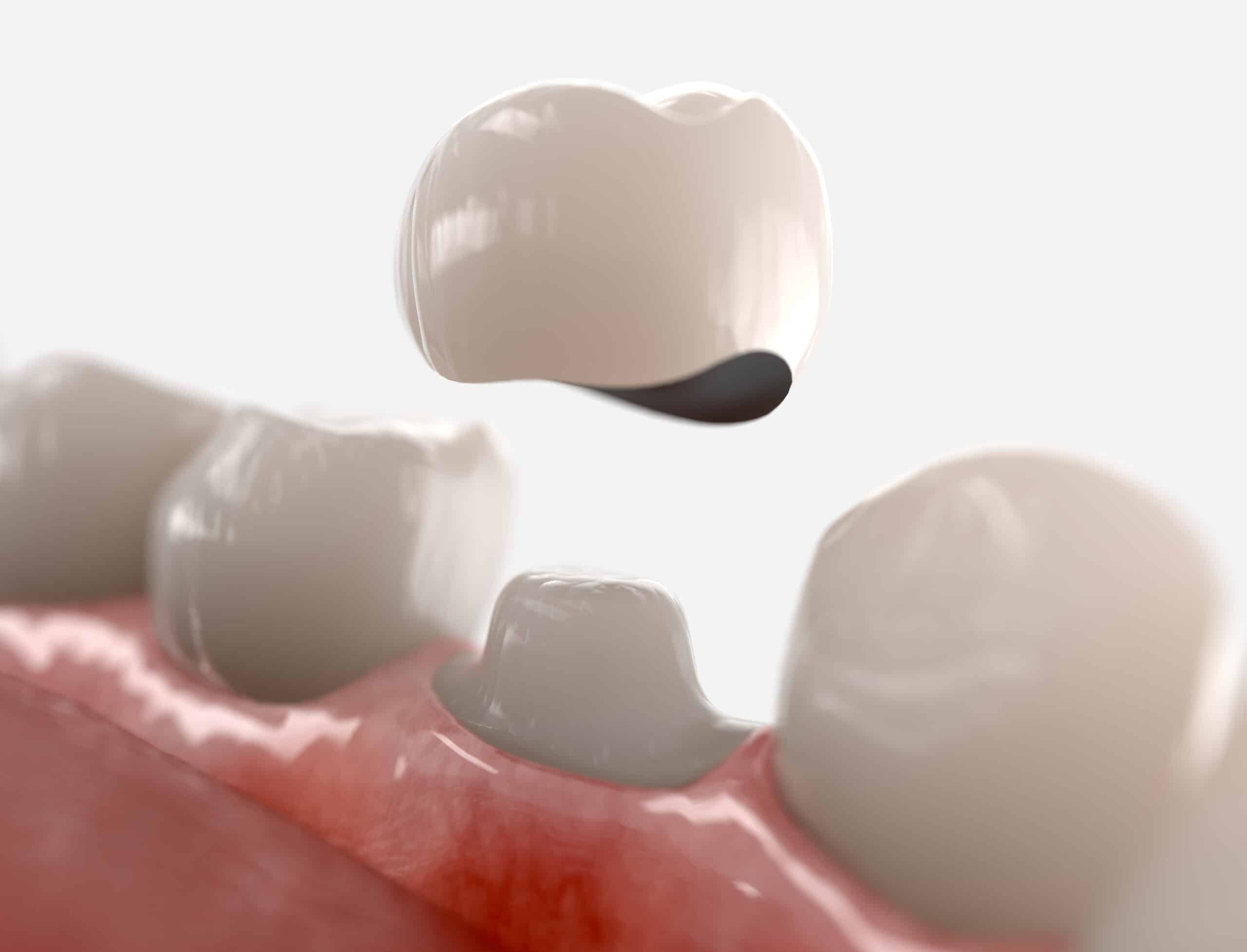
When it’s time to get a dental crown, I’m here to demystify the process for you. Contrary to popular belief, it’s not as intimidating as it sounds! Typically, getting a dental crown involves two visits to your dentist.
During the first visit, your dentist will examine and prepare the tooth that needs the crown. Sometimes this involves taking X-rays or making impressions of your mouth and teeth – all standard procedure in any dental practice. They’ll numb your tooth area (no need for worry!) before filing down or filling up the tooth so that the crown can fit over top snugly.
Next comes placing a temporary crown on top of your prepped tooth – this is just until they create your permanent one from porcelain, metal or other materials suitable for crowns. It’ll feel weird at first but hey – remember it’s only temporary!
Fast forward about two weeks later: you’re back in that chair for visit number two! This time around they’ll remove that temporary little fella and replace him with his sturdy successor – aka: Your new permanent Dental Crown! Once adjusted right by our friendly Dentist, he cements its position on top ensuring everything feels natural like before.
One important thing I’d mention is post-procedure care; keep up with good oral hygiene habits such brushing twice daily plus regular flossing keeps those pearly whites sparkling clean while protecting against potential future problems!
So there we have it – no monsters under bed or scary drill-wielding dentists involved when getting a dental crown.
Just routine procedures aimed at keeping our smiles brighter & healthier longer term!
Alternatives to Dental Crowns: Pros and Cons
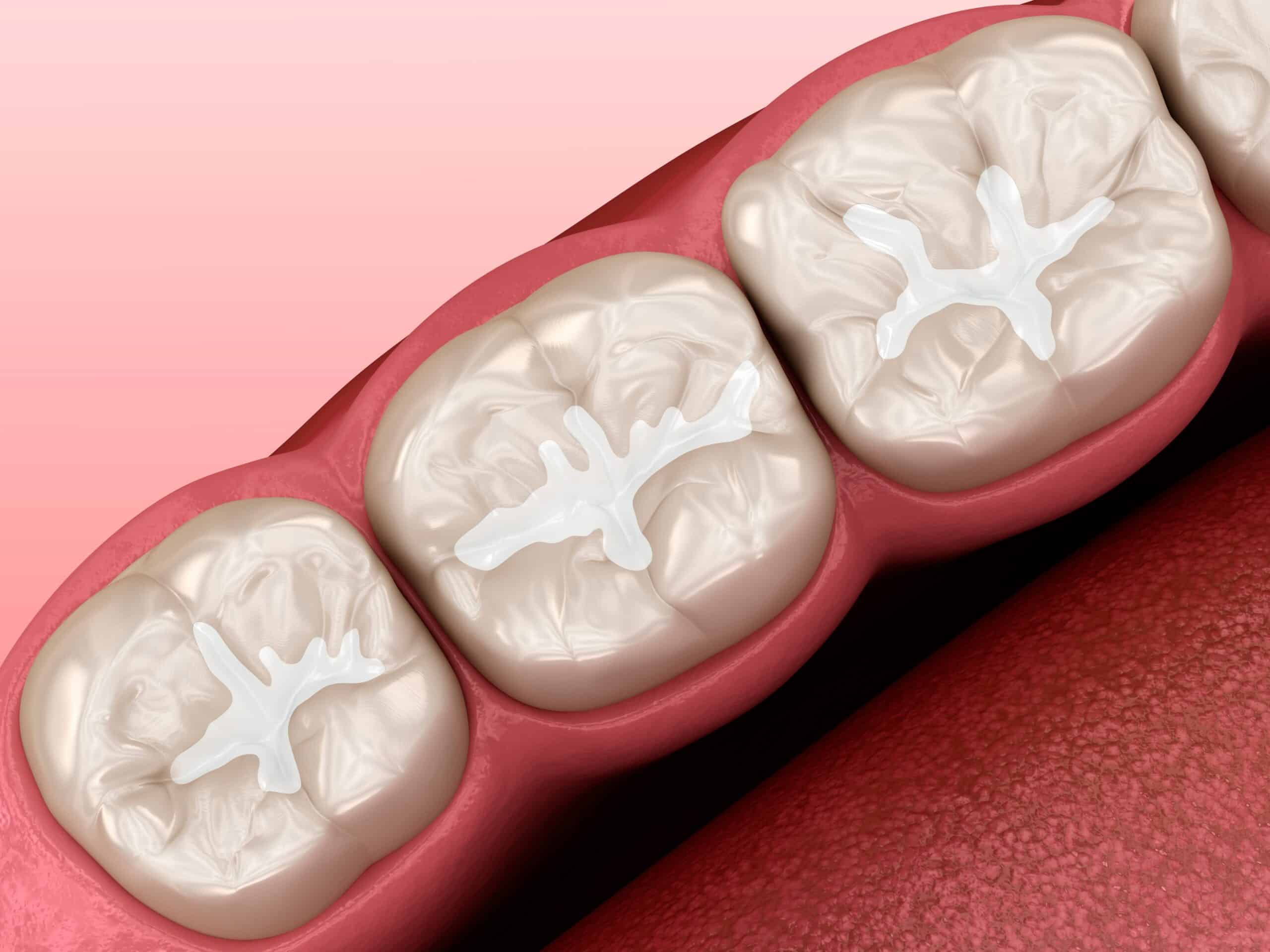
There’s a lot more to dental care than just crowns. Let me introduce you to some alternatives, each with their own benefits and drawbacks.
One common alternative is the use of fillings. They’re typically used for smaller cavities where there’s enough healthy tooth left. Fillings are less expensive compared to crowns, but they may not last as long, especially if the cavity is large or the remaining tooth structure isn’t strong enough.
Another option could be inlays or onlays, often referred to as “partial crowns”. These cover only a portion of your tooth rather than its entire visible part like full crowns do. Inlays and onlays preserve more natural tooth structure which can be beneficial for overall oral health; however, they might not provide adequate protection if significant parts of your tooth have been damaged.
Dental veneers are another choice worth considering when you’re looking at cosmetic improvements rather than structural ones. Veneers cover only the front surface of teeth so they’re great for fixing discoloration or minor chips but won’t help much with serious decay or damage.
A root canal procedure also presents itself as an alternative under certain conditions – when there’s deep decay reaching into your nerve chamber but sufficient sound tissue above gumline exists that doesn’t need a crown after treatment.
While it would seem that we have plenty options besides dental crowns (and indeed we do), remember every case differs significantly based on individual needs and circumstances:
- Fillings: Less costly; suitable for small cavities; might not last long
- Inlays/Onlays: Preserve more natural teeth; may lack full protection
- Veneers: Cosmetic improvement focus; no help against severe decay/damage
- Root Canal Procedure: Useful in specific cases involving deep decays
So before deciding what path you want to take, consult your dentist to understand which option would best serve your needs. It’s not just about the cost or aesthetics – it’s about making sure you have a healthy and long-lasting smile!
Long-Term Effects of Not Getting a Recommended Crown
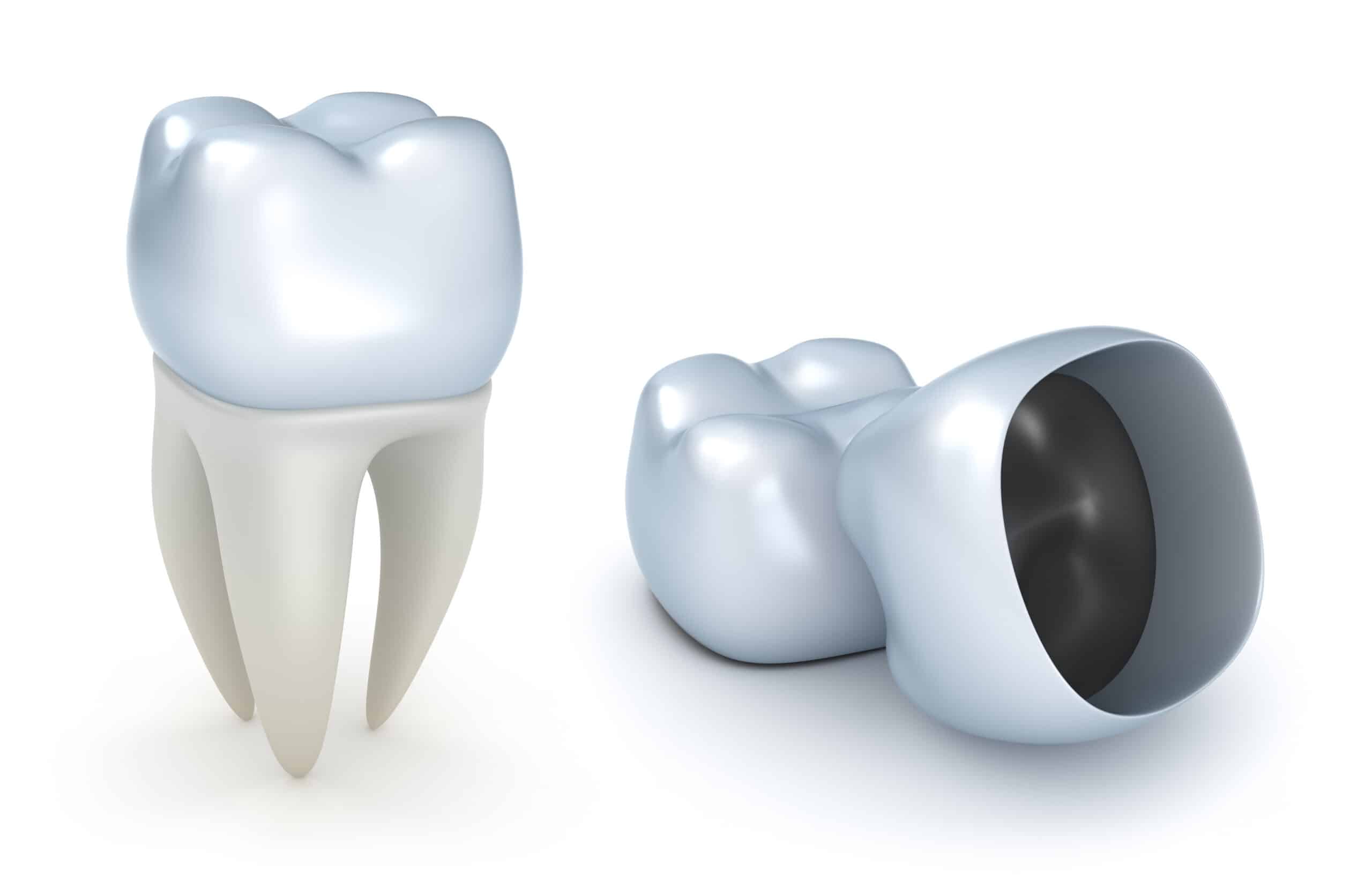
When your dentist suggests you get a crown, it’s not something to brush off lightly. Neglecting this advice can lead to several long-term effects that I’m about to explain.
Firstly, let me highlight tooth decay. It may sound simple but it’s much more than just an occasional toothache. Over time, the lack of protection from a crown can cause your tooth to decay even further and possibly result in severe pain or infection.
Speaking of infections – they’re another potential problem if you ignore that recommended crown. Bacteria will find their way into the exposed areas causing what we know as pulpitis: inflammation within the tooth itself leading often times to root canal treatment.
Let’s not forget structural damage either! Without a dental crown for support, your weakened tooth is at risk for cracks and breaks which are quite painful experiences I assure you!
And finally there’s always aesthetic concerns as well. A damaged or decaying tooth without its necessary cap could impact on how confident you feel when smiling or talking – and who wants that?
Now don’t be overwhelmed by these possibilities; they’re simply potential outcomes of neglecting dental health care like getting recommended crowns:
- Further Tooth Decay
- Infections leading potentially towards Root Canal Treatment
- Structural Damage (cracks & breaks)
- Negative Impact on Confidence due to aesthetics
Remember – taking care of our teeth isn’t just about maintaining our smiles but also preserving overall health!
Factors to Consider When Deciding on a Dental Crown
Deciding whether or not to get a dental crown isn’t as simple as yes or no. There are several factors you’ll need to take into account before making this crucial decision. Let’s dive in.
First off, consider the health of your tooth. If it’s severely damaged or decayed, a crown might be your best option for restoration. A dentist typically recommends crowns for teeth that can’t be saved with fillings due to extensive damage.
Next up is cost and insurance coverage – they’re crucial considerations when deciding on any medical procedure, including getting a dental crown. The average cost of a single tooth crown can range from $800-$1700 (or more) depending upon the material used and complexity of the procedure involved:
| Material | Average Cost |
|---|---|
| Porcelain | $1000 – $1500 |
| Metal | $800 – 1200 |
Keep in mind these prices don’t include additional costs like root canal therapy if needed.
Your lifestyle habits also play an important role in this decision-making process:
- Do you grind your teeth? It could cause significant wear and tear on your new crown.
- Are you diligent about oral hygiene? Without proper care, even high-quality crowns can fail over time.
Lastly but importantly, think about aesthetics – how important is having an attractive smile to you? Crowns made from porcelain closely resemble natural teeth which makes them popular choices for those conscious about their appearance.
In short: weigh out all these factors against each other before settling down on what works best for YOU! After all, it’s YOUR smile we’re talking about here!
‘Is It Really Necessary to Get A Crown?’ – Expert Opinions
When it comes to dental health, a question I often hear is, “Do I really need a crown?” The answer isn’t always straightforward. It depends on several factors including the condition of your tooth and your overall oral health.
Let’s consider what dental experts have to say about this. According to the American Dental Association (ADA), crowns are typically recommended when there’s significant tooth damage that can’t be fixed with fillings alone. This might include severe decay or fracture.
- Severe Decay: When cavities get too large for regular fillings, dentists suggest getting a crown.
- Fractured Tooth: If you’ve chipped or broken your tooth in such a way that it threatens the structure, you may require a crown.
Yet not every damaged tooth needs one! You might be surprised how many times I’ve seen patients who were told they needed crowns but actually didn’t. For instance, minor chips and cracks can often be repaired using simpler methods like bonding or veneers instead of resorting immediately to crowns.
Moreover, preventive measures should not go unnoticed either! Regular brushing and flossing coupled with routine check-ups at the dentist will significantly reduce chances of needing more invasive procedures like crowning in future!
It’s also worth noting that while having no pain doesn’t mean everything is perfect inside our mouths; sometimes serious issues lurk beneath seemingly healthy teeth which only x-rays could expose!
In short? Only opt for dental crowns if absolutely necessary after exploring all other options first as advised by an experienced professional because let’s face it – they aren’t exactly cheap nor are they reversible once done!
Conclusion: Making an Informed Decision About Dental Crowns
I’ve delved deep into the world of dental crowns in this article, and I hope it’s given you some insight. It’s not always easy to decide whether or not a dental crown is necessary. But remember, your oral health should be a priority.
Dental crowns are powerful tools in restorative dentistry. They can protect damaged teeth, improve your smile aesthetics and even restore functionality to your bite.
But let me clarify that getting a crown isn’t always the only solution available for you:
- You might choose fillings if decay hasn’t severely affected your tooth.
- Inlays or onlays could be suitable options if damage is limited to certain sections of the tooth.
- For minor chips or cracks, bonding might do the trick without needing any major procedures.
The decision ultimately comes down to what’s best for you – financially, medically and aesthetically speaking.
It’s important that you trust your dentist’s expertise but also take ownership over this decision by doing some research yourself too. This way, when it comes time for discussions about treatment plans with your dentist – which may include potential alternatives like those mentioned above – you’ll feel confident making informed decisions about what works best for YOUR mouth!
And finally don’t forget: every mouth is unique so what worked well for someone else may not necessarily work well for yours! Always consult with professionals before deciding anything big related to health matters including dental issues like whether or not getting a crown really becomes necessary!

